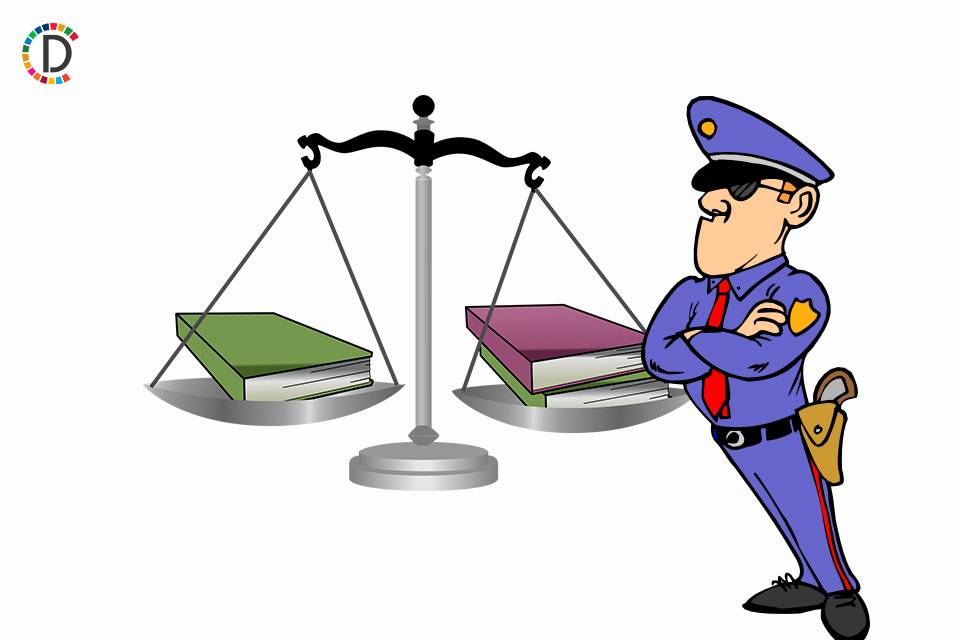Centre seeks feedback on accessibility standards for TV programmes for hearing impaired

- Country:
- India
The Centre has sought feedback from the public and stakeholders on accessibility standards which aim to make television content, including news, more accessible and inclusive for persons with hearing disabilities.
In a recent notification, the ministry of information and broadcasting asked for feedback and suggestions within 21 days on ''Accessibility Standards for Television Programmes for Hearing Impaired''.
''This ministry is in process to get the 'Accessibility Standards for Television Programmes for Hearing Impaired' notified under the Rights of Persons with Disabilities Act, 2016 through the Department of Empowerment of Persons with Disabilities (DEPwD), Ministry of Social Justice and Empowerment for making television content more inclusive for persons with hearing disabilities.
''Ministry of Information and Broadcasting solicits feedback/comments from general public/stakeholders in respect of the formulated standards within a period of 21 days from the date of publication of this notice preferably in electronic form...,'' the ministry said.
The 'Accessibility Standards for Television Programmes for Hearing Impaired' were issued in 2019 in which it had directed service providers to deliver sub-titles/closed captioning/sign language across specified television programmes in order to ensure access by hearing impaired to such television programmes. However, it shall be at the discretion of the service provider/broadcaster to choose any one or more option from 'closed captioning, subtitles, open captioning and/or sign language' as will be most suited to the format of the programme and requirement of the viewers.
In closed captioning, both the audio dialogue and sound representations of an audio-video content are made visible via on-screen text that is synchronised with the audio content on demand by the user.
In open captioning, the user does not have to do anything in order to see captions for the hearing impaired, as these are an integral part of the picture and cannot be turned off.
''The captioning should be accurate, synchronised, complete and free from errors of spelling and grammar,'' it said.
However, those TV channels which achieve an average audience share of all households over a 12 month period of less than one per cent are excluded from providing the accessible services set out in this policy, the ministry said.
(This story has not been edited by Devdiscourse staff and is auto-generated from a syndicated feed.)










